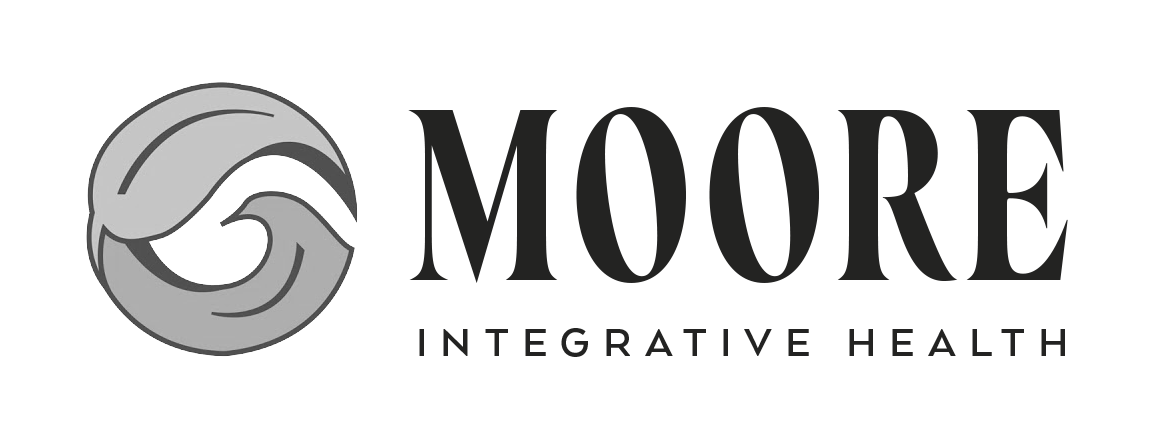Healing from Within: How Nutrition Can Support Postpartum Depression
The postpartum period, often referred to as the "fourth trimester," is a time of profound change and adjustment for new mothers. While it's a time filled with joy and bonding with your newborn, it can also bring emotional challenges, including postpartum depression (PPD). In this blog post, we'll explore the connection between nutrition and postpartum depression, how a well-balanced diet can be a powerful ally in your journey to recovery, and the specific nutrients that can make a difference.
Understanding Postpartum Depression:
Postpartum depression is a complex and common condition that affects many new mothers. It is characterized by feelings of sadness, hopelessness, irritability, and a lack of interest or joy in activities that were once enjoyable. PPD can make the already demanding postpartum period even more challenging, affecting not only the mother's well-being but also her ability to care for her baby.
The Role of Nutrition in Postpartum Depression:
While postpartum depression is a multifaceted condition with both biological and psychological components, nutrition plays a vital role in supporting mental health during this period. Here's how:
1. Balancing Hormones:
Hormonal fluctuations are a hallmark of the postpartum period, and these changes can contribute to mood swings and emotional instability. Proper nutrition can help stabilize hormonal levels, reducing the severity of these symptoms.
2. Neurotransmitter Production:
Neurotransmitters like serotonin, dopamine, and norepinephrine play a crucial role in regulating mood. Certain nutrients are essential for the production and function of these neurotransmitters. By providing the right nutrients, you can support your brain's ability to maintain a stable mood.
3. Reducing Inflammation:
Inflammation is increasingly recognized as a factor in depression, including PPD. A diet rich in anti-inflammatory foods can help reduce inflammation in the body and brain, potentially alleviating depressive symptoms.
4. Energy and Vitality:
The demands of caring for a newborn can be physically exhausting. Proper nutrition can provide the energy and vitality needed to navigate this challenging period and reduce feelings of fatigue and lethargy.
5. Emotional Well-being:
Nutrition can have a direct impact on emotional well-being. Certain foods can boost mood and reduce feelings of sadness and anxiety.
Nutrients That Support Postpartum Depression Recovery, and Are Safe while Breastfeeding:
Now, let's explore the specific nutrients that can make a difference in supporting postpartum depression recovery:
1. Omega-3 Fatty Acids:
Why: Omega-3 fatty acids, particularly EPA and DHA found in fatty fish like salmon, are essential for brain health and the production of neurotransmitters.
2. B Vitamins:
Why: B vitamins, including B6, B9 (folate), and B12, play a crucial role in mood regulation and neurotransmitter production. Leafy greens, legumes, and lean meats are excellent sources.
3. Vitamin D:
Why: Vitamin D deficiency has been linked to depressive symptoms. Sunlight exposure and vitamin D-rich foods like fortified dairy products can help.
4. Magnesium:
Why: Magnesium is involved in neurotransmitter production and muscle relaxation. Include sources like nuts, seeds, and leafy greens in your diet.
5. Antioxidants:
Why: Antioxidants like vitamin C and E help combat oxidative stress in the brain, potentially reducing the risk of depression. Citrus fruits, berries, and nuts are good sources.
6. Probiotics:
Why: Emerging research suggests a connection between gut health and mood. Probiotics can support a healthy gut microbiome, potentially improving mental well-being.
7. Fiber and Whole Grains:
Why: High-fiber foods and whole grains help stabilize blood sugar levels, preventing mood swings and irritability.
8. Lean Proteins:
Why: Lean proteins like poultry, fish, and tofu provide essential amino acids required for neurotransmitter production.
Dietary Strategies for Postpartum Depression Recovery:
In addition to incorporating the right nutrients, here are some dietary strategies to support your journey to recovery from postpartum depression:
1. Focus on Whole Foods:
Emphasize whole, unprocessed foods like fruits, vegetables, whole grains, lean proteins, and healthy fats. These provide essential nutrients for mental well-being.
2. Hydration:
Stay well-hydrated, as dehydration can contribute to feelings of fatigue and irritability.
3. Balanced Meals:
Aim for balanced meals that include a combination of carbohydrates, proteins, and healthy fats to provide sustained energy.
4. Regular Eating Patterns:
Eat regular, small meals and snacks to stabilize blood sugar levels and prevent mood swings.
5. Limit Sugar and Processed Foods:
Minimize your intake of sugary and highly processed foods, as they can lead to energy crashes and exacerbate mood swings.
6. Moderate Caffeine:
While moderate caffeine intake is generally safe, excessive caffeine can contribute to anxiety and disrupt sleep patterns.
7. Consider Supplements:
If you're struggling to get all the necessary nutrients from your diet, schedule a consult with us about appropriate supplements.
Seek Professional Guidance:
It's essential to remember that postpartum depression is a serious condition that may require professional treatment, including therapy and medication. Nutrition should be viewed as a complementary approach to support recovery, not a replacement for medical care. If you're experiencing symptoms of PPD, reach out to a healthcare provider for a thorough evaluation and personalized treatment plan.
Conclusion:
Postpartum depression can be a challenging and isolating experience, but it's essential to remember that you're not alone, and help is available. Nutrition can play a valuable role in supporting your journey to recovery by providing the essential nutrients needed for mental well-being. By focusing on a well-balanced diet and incorporating mood-supporting nutrients, you can take proactive steps towards healing from within and finding the strength to embrace motherhood with joy and vitality.

